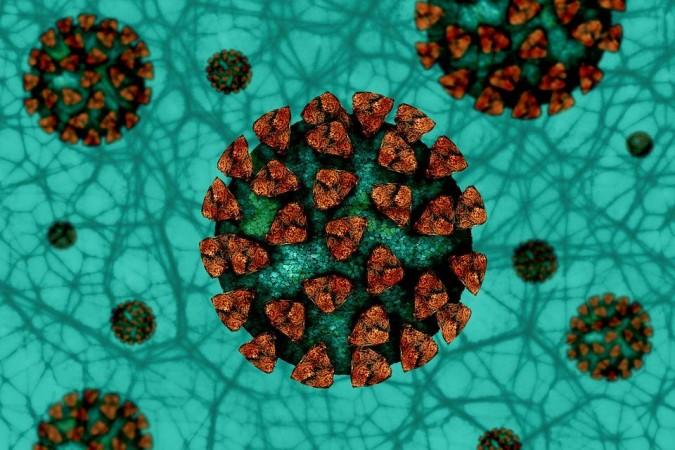The SARS-CoV-2 virus is known for its indiscriminate lethality. While the lungs are considered to be COVID-19's primary target, other organs of the body are not spared from its onslaught. Several organs such as the kidneys, and the components of the central nervous system, among others, have been found to be infected by the pathogen directly. Now, a new study has reported that the novel coronavirus can infect the testes as well.
According to scientists from the University of Texas Medical Branch, the SARS-CoV-2 was found to infect the testes in an animal model. In the study, replication of the virus was detected within testicular cells, and viral RNA was found in testes samples—without histopathological changes—for up to one month after infection.
"Given the magnitude of the COVID-19 pandemic, it is critical to investigate how this disease can impact the testes, and the potential consequences for disease severity, reproductive health and sexual transmission," said Dr. Rafael Kroon Campos, lead author of the study, in a statement.
Infecting More than Just Lungs

Over the course of the COVID-19 pandemic, researchers have found increasing evidence of the novel coronavirus affecting and infecting organs other than the lungs such as the heart, kidneys, and stomach, among others.
Among other symptoms reported by COVID-19, patients have also reported testicular discomfort and pain. Few reports have also evidenced a decrease in testosterone, a crucial hormone produced within the testes. In addition to this, autopsies have also revealed considerable disruption of the testes at a cellular level; this includes the presence of immune cells in the organs.
Dr. ShannanL. Rossi, corresponding author of the study, has been studying the Zika virus –another positive-strand RNA virus like the SARS-CoV-2—and the effects of the pathogen's infection in the testes for some time now. Therefore, this prior experience with the mosquito-borne pathogen led the authors to contemplate whether the coronavirus could also affect the testes.
In order to evaluate the effects of COVID-19 on the testes, the authors utilized the golden Syrian hamster model of COVID-19. They did so as this particular model closely emulates a mild form of the disease in human beings. The animals were infected with the SARS-CoV-2 virus intranasally. Along with in vivo experiments, the authors also conducted ex vivo studies where testicular tissues were infected with the virus.
Confirmed Presence of SARS-CoV-2

As expected, the authors observed that the infected hamsters exhibited mild and non-lethal symptoms of COVID-19, and the infection was found in their lungs. More importantly, the pathogen was detected in the testes of all the infected animals in the first week. However, it diminished eventually. No noticeable damage was observed in the various testicular cell types. In ex vivo studies, the team learnt that hamster testes cells were susceptible to the viral infection, suggesting that the reproductive organ can serve as a site for viral amplification.
According to the authors, the findings may be indicative of what could potentially occur in men who experience mild to moderate COVID-19. The scientists stated that the data unearthed through the study suggests that testicular damage noted in acute COVID-19 cases may in part be attributed to the direct infection of the testicular cells by the SARS-CoV-2 virus.
"These findings are the first step in understanding how COVID-19 impacts the male genital tract and potentially men's reproductive health. We have much more to do before we have the full picture. Moving forward, we will investigate ways to blunt this impact, including using antivirals, antibody therapies and vaccines," concluded Dr. Rossi.

















